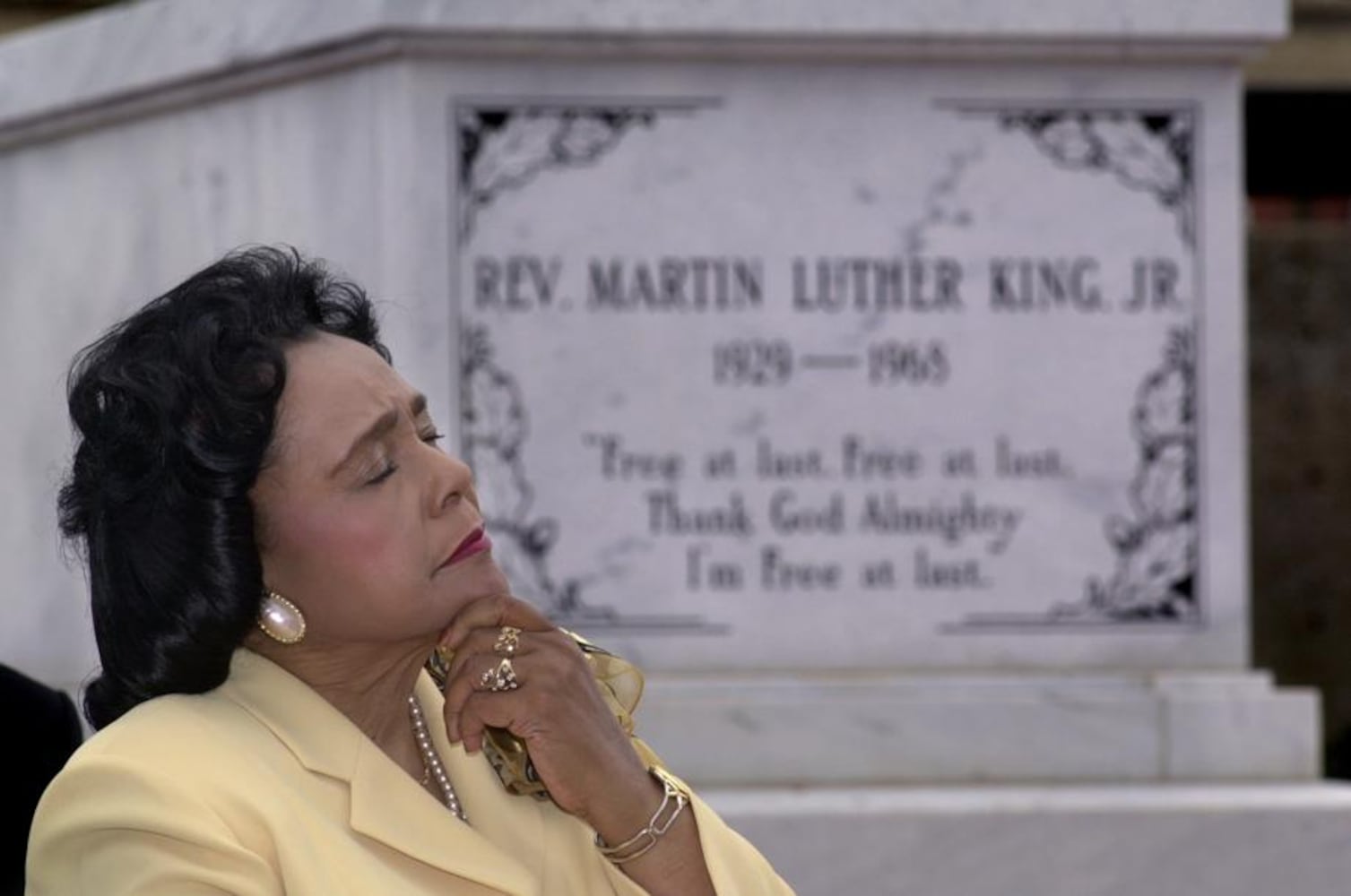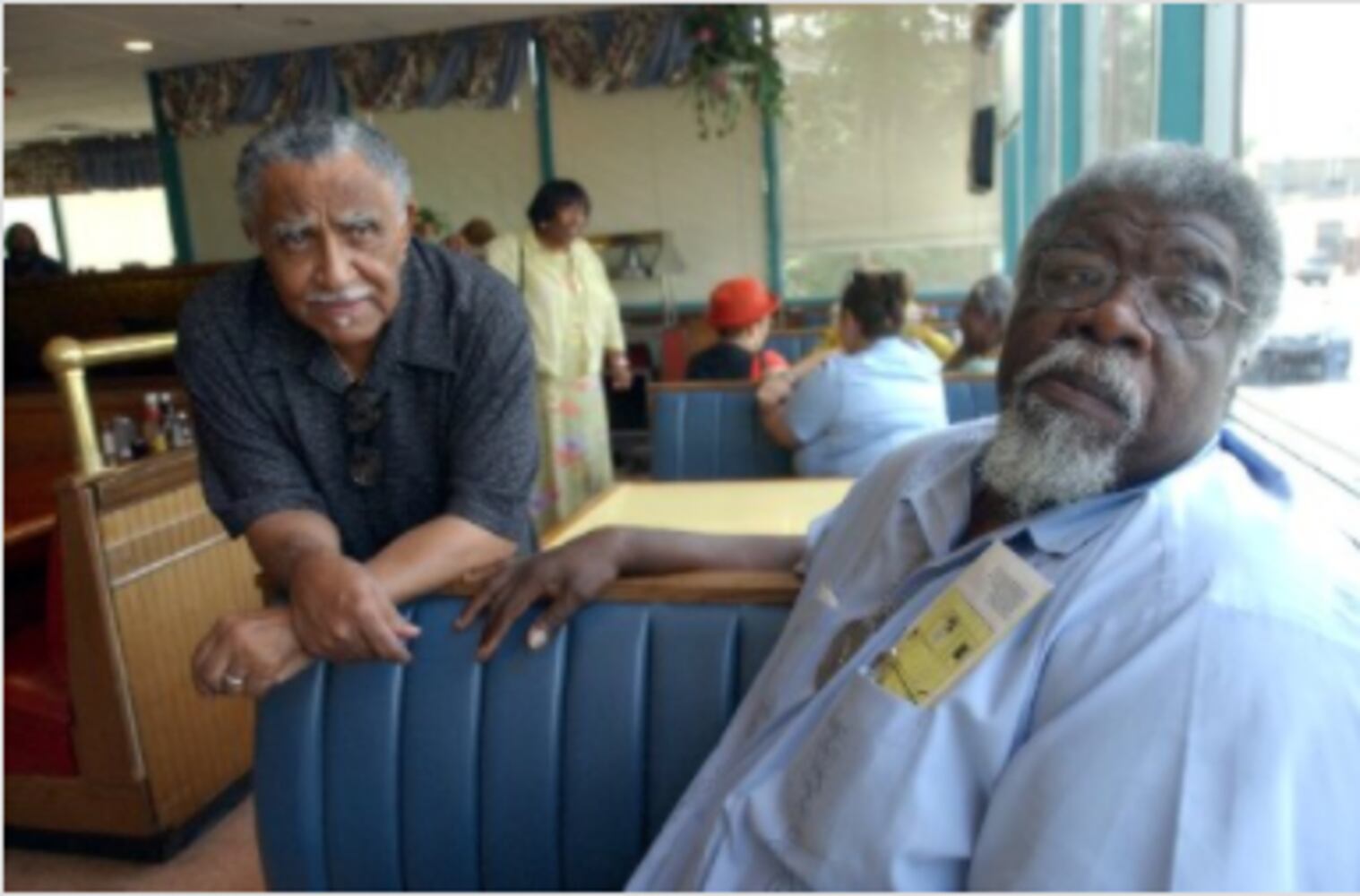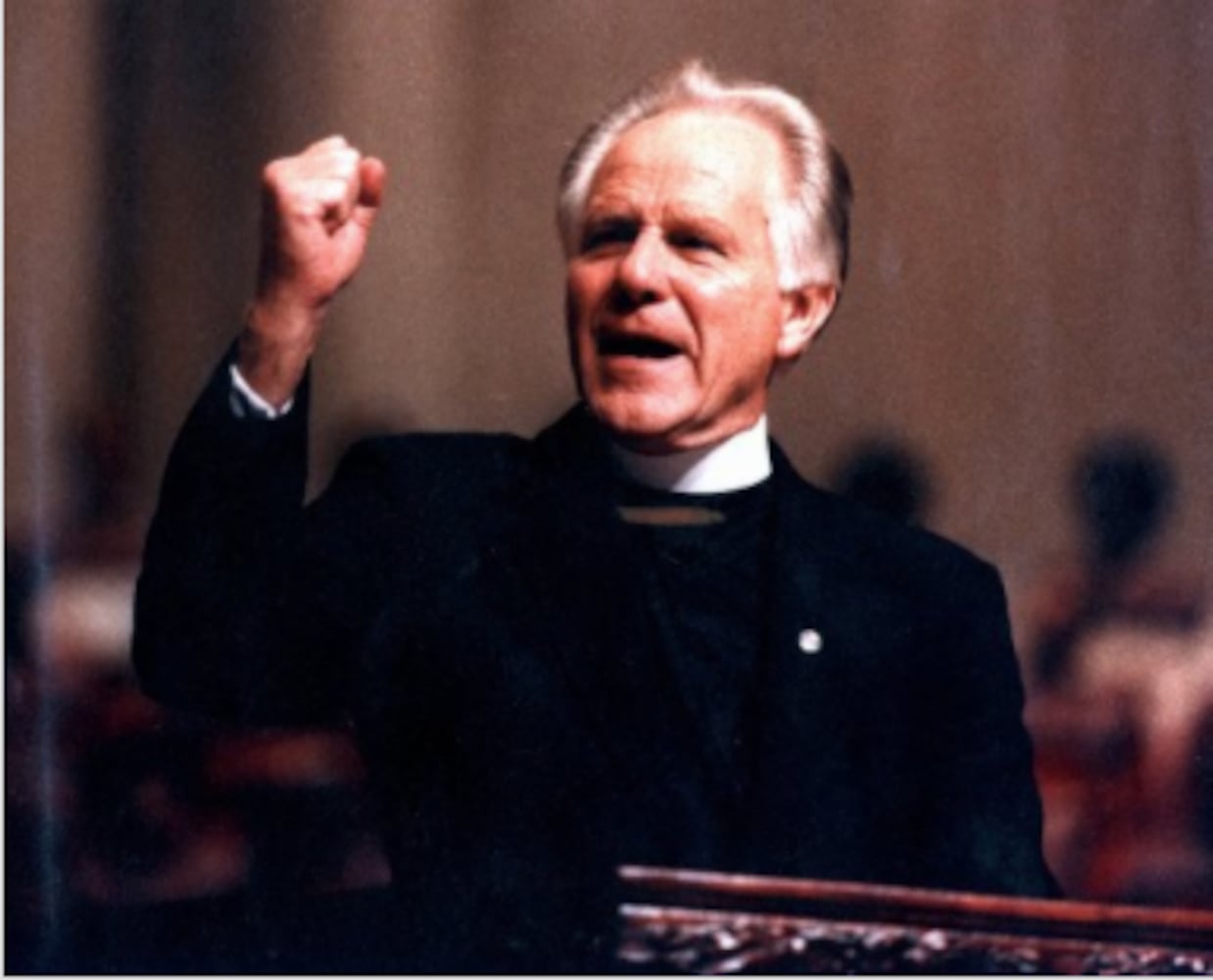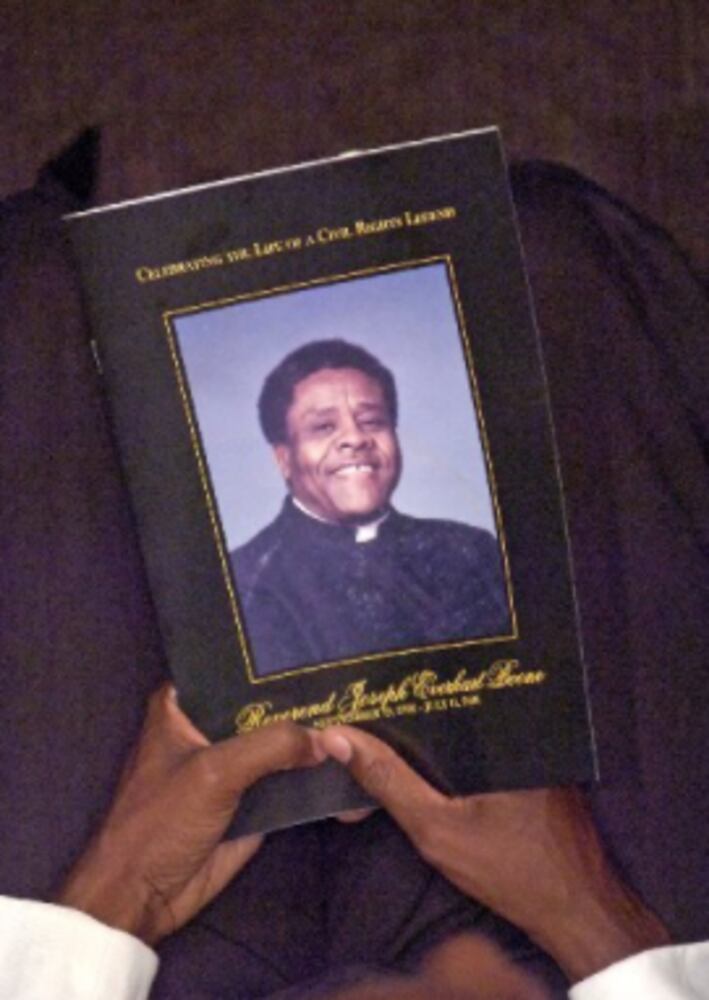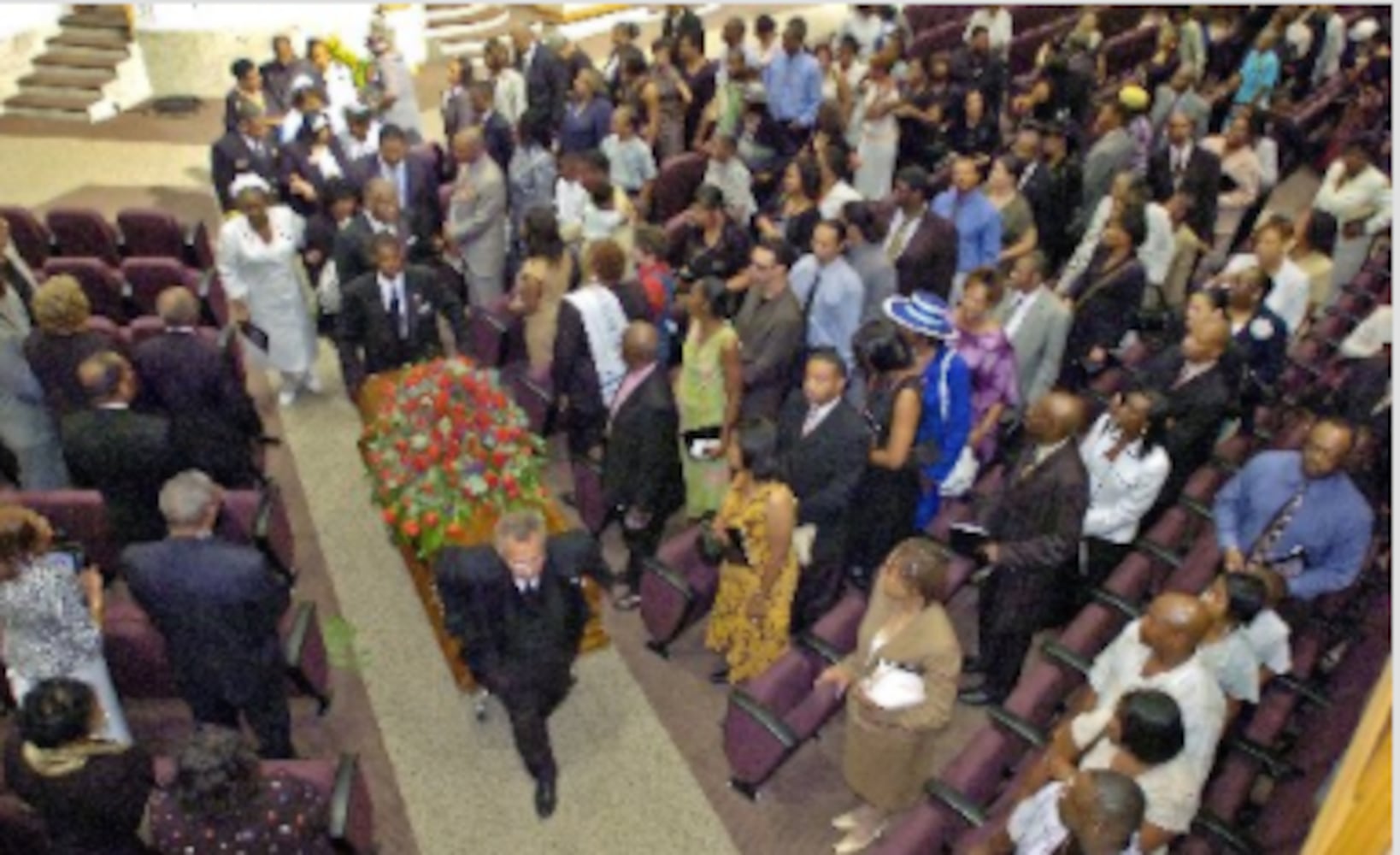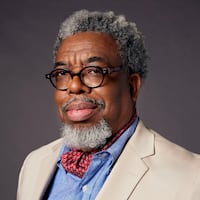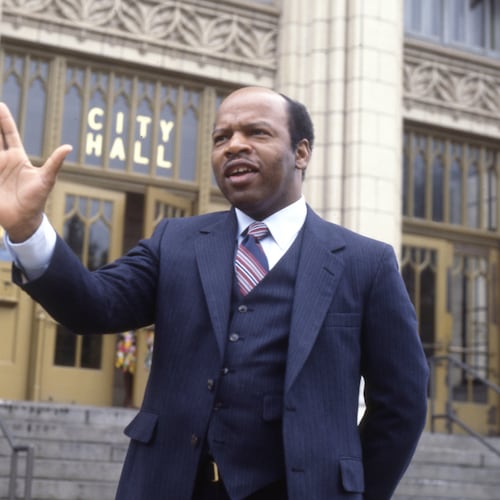Inside a room in the Willie A. Watkins Funeral Home, two closed caskets rested side by side.
The men inside the caskets met each other 60 years ago when they were both fighting for civil rights as part of the Nashville Student Movement.
In 1963, they were famously arrested together and sent to one of the most brutal prisons in Mississippi for daring to use a “whites only” bathroom.
Credit: HANDOUT
Credit: HANDOUT
In 1965 in Selma, they were each brutally beaten just a month apart while trying to register Black voters and bring attention to the generational plight of disenfranchised Blacks.
And last Friday, the Rev. C.T. Vivian and Congressman John Lewis died within hours of each other.
“They walked together, talked together and strategized together,” Willie A. Watkins said. “They took the beatings that others didn’t and survived unafraid. God took them at the ages of 95 and 80. And now here they are in the same room — together.”
Credit: Curtis Compton
Credit: Curtis Compton
The Watkins Funeral Home is always busy, and Tuesday was no exception. It was midday as a stream of mourners filed through the West End building to drop off flowers and say goodbye to friends and family.
The caskets of Lewis and Vivian were in a private room away from visitor access.
Vivian will be buried Thursday following a private service at Providence Missionary Baptist Church.
Watkins said the coronavirus pandemic has changed the nature of funerals and now prevents large celebratory funerals that men of Vivian’s and Lewis’ stature deserve.
“Our concern is that we don’t want C.T. Vivian to be the shadows,” Watkins said. “We want to celebrate what he did, too, for us to be where we are today. And in doing so, we have put together a celebration.”
Details of Lewis’ funeral, who had been a member of the U.S. House of Representatives since 1986, will be announced after Vivian’s service.
Reputation building
In preparing the funerals of Vivian and Lewis, Watkins has solidified its standing in Atlanta as the place where the black elite come to bury their loved ones.
Watkins did the funerals for Coretta Scott King, Yolanda King, Evelyn and Joseph Lowery, James Orange, Joseph Boone, Earl Paulk, Leroy Johnson and Herman Russell.
He did radio legend Ally Pat’s funeral, as well as Whitman Mayo, Walt Bellamy and rapper Shawty Lo, taking his casket to the Blue Flame, where dancers tossed dollar bills into it.
There are also everyday people, even the homeless, who are served.
“It is all about our connection with people and being open-minded about putting ourselves in the community,” Watkins said. “Nobody gets out as much as we do in Atlanta. We show that not only are we in the funeral business, but also the living business too. We provide services for all people.”
Credit: Johnny Crawford
Credit: Johnny Crawford
Most recently, the Watkins funeral home handled the services for Rayshard Brooks, the Black man who was shot and killed by an Atlanta police officer in June, sparking days of protests and riots.
Watkins has taken on cult-like status in Atlanta. He has appeared on “The Real Housewives of Atlanta” and Tyler Perry’s “The Haves and Have Nots.” Radio and club deejays shout him out.
“Man, y’all as dead as Willie Watkins up in here,” they say to describe a boring party.
“He has a breadth of knowledge about this town and the people in it. And it is a testament to his personal service,” said Kay Powell, the retired obituary editor for The Atlanta Journal-Constitution. “So, when you see the broad cross-section of families that he serves, that goes to the fact that he is so generous about what he does, and what the funeral home does, to improve Atlanta.”
Credit: Ben Gray
Credit: Ben Gray
Family Business
Watkins sits in his rather modest office flanked by two of his brothers, Darrell and Sylvania. His daughter, Farris Watkins, dips her head in briefly. At least eight of the 85 people who work across the funeral home’s five metro locations are family members.
Credit: ALYSSA.POINTER@AJC.COM
Credit: ALYSSA.POINTER@AJC.COM
Watkins started the funeral home, in an old Victorian house that he calls “the mothership,” in 1982 after spending his childhood in rural Scottdale, where his grandmother, Ethel B. Guinn, dragged him to funerals — a lot of funerals.
He recalls questioning his grandmother once when she told him that a body “looked good.”
“She pinched me and said, ‘If I say he looked good, he looked good. Don’t ask me that. Because I don’t know myself,‘” Watkins said. “That really stayed on me.”
When the family moved to Atlanta, Watkins got a job laying flowers for the Cox Brothers Funeral Home. When he was 13, he got a job at Herschel Thornton Mortuary, moved into the funeral home when he was 14, and by 16 was directing services.
The solemnness and extravagance of the Black homegoing experience had captivated him enough that he went to night school at Gupton Jones Mortuary College, while he was a full-time student at Morehouse College.
In 1978, after about five years working as a mortgage banker, Watkins purchased a former Confederate officer’s mansion-turned-doctor’s-office and started a limo business to hold him over until he could raise enough money to start his funeral home in 1982.
In the early days, Watkins and his brothers slept in the funeral home, even in the basement. “Until it got too scary,” said Sylvania Watkins.
Early operations were “very simple,” Sylvania Watkins said. “Let me put it like this. The same man who took the first call is the same man who went to pick the body up. Is the same man to bring the chair and the registration book. Is the same man who will be here for your wake service. Is the same man who is going to pick you up in a limo to bring the body to the funeral.”
“And that was all of us. That was the growing pains.”
Early on, when money was tight, Willie Watkins said he paid a visit to a numbers runner named “Buttermilk” to borrow $1,000. Buttermilk gave him the money and told him to “forget where you got it from.”
Watkins quickly paid him back and years later conducted Buttermilk’s funeral as well as “all the other racketeers and financiers.”
The Mission
Today, Watkins Funeral Home is a multi-million-dollar empire.
Throughout the building, portraits of Watkins and his late mother Hattie Guinn Watkins, the glue of the whole operation who worked at the funeral home for 26 years comforting families, adorn the white walls above the marbled floors.
A row of rocking chairs line the large wraparound front porch in homage to the white-owned funeral homes that Watkins used to see as a boy.
At the main location, they can tend to up to 35 bodies a week. One Saturday, they handled 19.
Credit: ALYSSA.POINTER@AJC.COM
Credit: ALYSSA.POINTER@AJC.COM
“Our mission was we were going to be a non-traditional funeral home. We want to be the innovator of funeral services,” said Watkins, 71. “We were the first ones to start wearing top hats and tails at all our funerals. The first ones to release doves, to have music in the cars and horn players. Anything that would call for our funerals to be more than something that was dreadful. But more of something that was celebrated.”
Coretta
Never was that more evident than in 2006, when Watkins was chosen to plan the funeral of Coretta Scott King, a ceremony that they all acknowledged was their pinnacle.
The wife of Martin Luther King Jr., she was the first woman and first African American to lie in state at the Georgia State Capitol Building. Thousands attended her funeral at New Birth Missionary Baptist Church, including four presidents: Jimmy Carter, George H.W. Bush, Bill Clinton and George W. Bush.
Credit: RENEE HANNANS HENRY
Credit: RENEE HANNANS HENRY
At the end of the marathon day, after King was placed inside an expanded crypt with her husband, the funeral home released white doves.
July 17
Watkins said his clientele is mostly built on relationships. He had known Vivian and Lewis since the 1960s, and in 2012 and 2013 handled the funerals of their wives, Octavia Vivian and Lillian Lewis.
Credit: ALYSSA.POINTER@AJC.COM
Credit: ALYSSA.POINTER@AJC.COM
“Our relationships with them, other than being their undertakers, we were all friends,” Watkins said. “I don’t want to assume anything.”
On the morning of July 17, Darrell Watkins got a phone call from Vivian’s daughter at exactly 3 a.m. telling him that her father had died.
He personally went to pick up the body and brought him to the mothership for preparation. That is not unusual. Like the old days, the brothers still do pickups and Willie Watkins attends most, if not all, of the daily funerals.
Driving through the city, Darrell remembered the long talks he would have with Vivian. How proud Vivian was when Darrell was named mortician of the year.
Less than 24 hours later, at around 11 p.m., Darrell got the call from the Lewis family telling him the congressman had died. He arrived for the pickup at about 2 a.m.
“The first call is the first impression (you make) when you go into a house to make a removal. I set the standard for what type of service that family is going to receive,” Darrell said.
He said Lewis family members were already at the house. He carefully placed the congressman on a stretcher, his face uncovered. Mouth closed.
“Amazing Grace” played softly in the coach as Darrell loaded the body in. The family gathered around the coach and prayed.
As he slowly drove away, the family walked behind the hearse down Lewis’ long driveway.
“I took him past C.T.‘s house. I took him past Joe Lowery’s house, where I stopped and paused. I found my way down Martin Luther King and on to Ralph David Abernathy, where the funeral home is located,” Darrell said. “All these men. All these great men.”
At Willie A. Watkins Funeral Home, Darrell placed John Lewis in a room.
Next to C.T. Vivian.
Rapper Shawty Lo’s name was misspelled in an earlier version of this article.
About the Author
The Latest
Featured
